
Photos provided by: Rusty Reid
“Attitude Change” is a fearless, electrifying anthem, recorded decades ago but still pulsing with raw musical brilliance.
Rusty Reid's "Attitude Change" is more than just a song, it's a pulse, a raw explosion of energy that transports listeners back to a time of untamed creativity and rebellious rock 'n' roll spirit. The track, an electrifying blend of sharp guitars and tongue-in-cheek lyrics, hits you with an intensity that feels as fresh today as it did decades ago. But what lies beneath the surface of this bold anthem? We spoke with Reid to uncover the deeper layers of both the song and the artist behind it.
As one of the creative forces behind The Unreasonables, Reid’s journey is a winding tale of trial, experimentation, and musical evolution. His new album, a rediscovery of music recorded over forty years ago, showcases a sound that never quite fit into the neatly packaged molds of the time. From the challenges of Houston's fragmented music scene to the unorthodox recording process that defined his band, Reid opens up about how he navigated a world filled with derivative trends while staying true to his own artistic vision.
In this conversation, Reid reflects on what it was like to hold onto these songs for so long, the role of his ever-changing bandmates, and the unanticipated magic that emerged from raw, DIY recording sessions. He shares how his relationship with music has shifted over the years and what it means to finally let these long-lost tracks see the light of day.
"Attitude Change" is more than just a comeback; it's a statement. Reid’s fearless approach to music, unfiltered by trends or expectations, has led to a sound that’s uniquely his, unpolished, unrestrained, and unapologetically real.
Dive into the interview to explore the heart of a true artist who's embracing both the past and the present.
Here’s how it went:
Begin Interview:
Hello Rusty Reid, we’re thrilled to have you here for this interview! We've had an amazing time exploring your music and diving into your creative journey. Now, we’re even more intrigued to get a deeper look into both your brand and your personal and professional inspirations.
Q. We absolutely loved the energy of “Attitude Change”. The vibe to it is so reminiscent of the ’80s, probably because it literally is! You recorded this double album decades ago, but it feels so fresh today. What was it like holding onto these songs for so long? Did they evolve in meaning over the years, or did they stay locked in that original energy?
A. Hi there, and thanks for the discussion. Shortly after we recorded the last batch of these songs, I moved from Houston to Los Angeles. I continued to work on them a bit, adding some harmony parts and brought in a keyboard player to add some touches. But I was never really happy with the mixes. I took them around to a few record labels, but got no nibbles. Meanwhile, I was starving and had to find work doing something. I ended up in magazine journalism, and that was fun, so I kinda forgot about The Unreasonables. It was decades later when I heard from a few old bandmates who were asking for copies of the songs. By then I was working with computer-based recording, so I had the old tapes transferred to WAV files and could work with them once again. I remembered the songs being not very well recorded. We did use a cheapo studio. Nor very well played or sung. But lo and behold, when I brought the tracks up, they were not so bad at all. So the project moved forward. No I don't think the meaning has changed much, since there is not much meaning to these songs in the first place... it's really just longing, lust and loss, repeat. Though at the end the stupid guy does get the right girl.
Q. “Attitude Change” has such a bold, electric vibe. What’s the story behind the song, and what does it mean to you on a personal level? Also, the title itself, there’s something almost cheeky about it. Was it meant to grab attention, or is there a deeper twist to it that only you can really explain?
A. No, again, no deep or hidden meanings whatsoever. It's a phrase my mom would use on me from time to time. "You're just about due for an attitude change." I wouid usually take this as meaning there was still a wee bit of wiggling room to continue on with the current attitude. You know how teenargers can be. But later I thought this would make for a snappy song. The bridge is pretty cool, showcasing my skill with numbers.
Q. No politics, no spirituality, just straight-up rock and roll! How liberating was it to let go of any "messages" and just let the music speak for itself on this album?
A. Well, it was the late 1970s and early 80s, meaningful lyrics were on the definite wane, except for the punks who were stuck on F-this and F-that and F-you. The Unreasonables just aspired to be a hard-charging rock and roll unit, angsty about love and sex and that's about all. I was already mulling more serious issues at the time, but hadn't gotten my thoughts together well enough for song lyrics.
Q. You moved from Texas to the Pacific Northwest, how did that geographical shift influence the sound of The Unreasonables? Was there something about the landscape or the people that helped shape the vibe of this album?
A. Well, The Unreasonables got left behind in Houston, and many of them went on to bigger and better things. Actually pretty much anything would have been bigger and better than The Unreasonables. We were pretty stealth, and we made like zero money. So it was a revolving team of Unreasonables. Drummer Billy Block found success in L.A. and Nashville with his "Western Beat" live shows and broadcasts. Drummer Fred Drake became immortal at Rancho de la Luna in California (look him up). Guitarist Rick Poss moved to Austin and played with a bunch of cool acts, and has released three albums of his own so far. Bassist Jack Saunders is still playing and producing in Houston, a singer-songwriter icon in his own right, as well as a studio whiz. Guitarist and singer-songwriter Steve Beasley moved to L.A. and has two albums of his own. Steve was dating Sandy Stewart (of Stevie Nicks fame) at the time, and she sang harmony at one of our shows.
Q. The album’s been in the shadows for so long, now that it’s finally out, how does it feel to take a trip back in time? Is it like stepping into a different version of yourself, or is it something else entirely?
A. I'm really happy the guys pushed me to get these songs out. I probably would never have done it without that encouragement. It was a labor of love working with these songs again. Some of them hold a lot of importance to me as milestones in my development as a songwriter. "Hot as a Pistol" is the first song on the album, and the worst recording (the album is in chronological order of recording). Yet it was the first really cool "rock" song I wrote, with a nifty "Day Tripper" like lead guitar riff. So just massaging that riff in the mix was bittersweet, realizing this is the last time I'll probably ever mess with this all-important song to me personally. The lyrics are a big janky here and there. I'm hoping the playing is so good listerners won't concentrate on what is being sung through some of those. My defense of the charge of sexism would be to listen to the whole album. I think it's clear that the singer character is embracing all of these various partners as equals. Which, thankfully, is how I approach my real romances. I think.
Q. You were aiming for a steady keyboard player and harmony singers, but the Universe said “Nope!” What did that mean for the band’s dynamic, and how did the extra guitars ultimately come to define the sound?
A.Yeah, remember the 80s were smothered in synthesizers, and pretty much every act had to have one... or two. My previous band, Southern Cross, had a very good keyboard player, so I was used to that sound, and wanted it for The Unreasonables, but we never could seem to snag one. In retrospect, I think not having that ubiquitous symthesizer layering is what really differentiated us locally, and now 40-something years later. It forced us to get the guitars doing unusual things. Thankfully I had some damn good guitarists to work with.
Q. It’s incredible that you were working with musicians who weren’t getting paid but still managed to create a sound all their own. How did this “no financial backing, no press, no real plan” freedom actually affect the energy and creativity in the studio?
A. Well, since we had no money, we had no choice but go into the cheapest studio. The guys running that studio meant well, and were learning on their own, but didn't record us very well, especially at the start. The snare drum on "Hot as a Pistol" sound like a block of wood. None of us knew any better, so we just carried on. From what I felt at the time, and was confirmed later, most of the players really liked these songs. Some of the songs they liked better than I liked them. So the energy and enthusiasm was always present.
Q. When you reunited the band for those final sessions, you made the jump to 24 tracks. How did this shift change the way you approached the songs, and how did you balance capturing raw energy with the desire for better production quality?
A. Yes, it was at the same studio, Magic Rat Studio. They had finally upgraded to 24-track, and the engineers had honed their craft. It was still cheaper than pretty much any other studion in Houston, so back we went. There we did ten songs in two days. Four of them were released on my first album, NWXSW (northwest by southwest, my personal journey). So if you want to hear more Unreasonables, check out that album. The other six are here on "The Unreaonsables." In starting work with the project last year, I thought the 8-track songs would be a breeze, and the 24-tracks would be trickier. It turned out to be just the opposite. The 24-track material was well-recorded, so easier to mix, while I fought like the dickens with some of those earlier recordings.
Q. Do you have any plans to take your music back out to local stages or fully get on the road?
A. Except for solo acoustic local gigs up here in the Northwest, nothing planned as of now. Subject to change.
Q. You’ve now brought The Unreasonables back to life through modern technology. Do you think their story is a testament to the power of persistence, or is it more about something else?
A. If anything it's a story of procrastination and giving up too soon. I play the "what if?" game sometimes. What if I had worked harder to push these tapes in L.A.? What if I had joined or started a band in L.A. with these songs and others that were to come along? Crikey, if I could get this sound in Houston, what kind of sound could have come out of L.A.? Instead I threw myself into the journalism thing, and family thing. To tell you the truth, I don't regret anything. Knowing me, I probably dodged some bullets by not finding success in the music business. It seems like pretty much every artist gets screwed over. Even the biggest stars: Elvis, the Beatles, Creedence Clearwater Revival, Tom Petty, Taylor Swift, the list goes on and on and on. Even brothers and cousins end up hating each other: The Everlys, the Kinks, the Beach Boys, Oasis. I had a couple of partners who tried to rip me off, but those were just business ventures. If someone had ripped my songs off, I would have likely gone ballistic. These days, the pressure is off. I'm just doing my thing, on my own time, following my own instincts, throwing stuff out just for fun. But, you know, any artist of any kind has to do it for themselves, first and foremost, and if anyone else likes it that's a bonus. If you get paid for it, that's certainly nice, but it's entirely tangential to the art itself, and the more you are paid probably the worse artist you become.
Q. If there’s one thing you want listeners to take away from “Attitude Change," what would it be?
A. I hope they tap their toes and snap their fingers and get a smile on their face, and maybe want to shimmy to it. Maybe they've felt this way about a lover, themselves, and can recognize that wave-length when the relationship seems to be breaking down. Behind the potential seriouness of the theme, the song is kinda fun. So indulge.
Q. Looking back at this unreleased album from decades ago, do you think it was ahead of its time in some way? Was there a moment you thought, “If only people could hear this now”?
A. No, I don't think it was before its time. I think it was right for its time, and deserved a chance to be heard back then. It's entirely my fault it wasn't. I really do believe that if we had caught that "lucky break" and had the backing and time to hone and create, and just be full-time "artists" we could have competed with the big boys. Yeah, "I coulda been a contender!" How many millions of great artists are there in the world who could say that? But you have to work for that "lucky break." Once you give up on something, that's it, game over. Getting back to what you suggested earlier, it was an opportunity missed. I've had a lot of those in my life. It could be that's what I'm best at: missed opportunities. But you know, I still wouldn't trade my life for anyone's.
Q. What do you want people to remember most about you after hearing your music and reading this interview?
A. Well, this latest new/old album, "The Unreasonables," is but one, short phase of my creative journey. I'm a Texas songwriter, therefore a story-teller. But my wanderings, including around the world, have intiated me as a citizen of the planet. My later songs are often politically, philsophically or spiritually (not religiously) charged. I'm leaning in to being a defender of Mother Earth, and demander of virtue. That's really the spiritual path. Spirituality simply being the manner and effort you put into finding your way to love for the world.
Q. Outside of music, who or what has had the biggest influence on your personal growth or artistic perspective?
A. Oh, by far nature. One of the reasons I now live in the Pacific Northwest is the stunning natural beauty which is everywhere. But everywhere is indeed beautiful if perceived properly. I truly believe that all art arises, if only subliminally, from our relationship not with other humans but with nature. The artist is channeling the wonders of nature, even when creating something entirely about humans. That's why the best ideas come from being out in nature. Think about it. Almost all of the great religious leaders and mystics had their epiphanies, enlightenment, encounters with the divine all alone, out in nature. Nature is also under dire threat in our era. We all must rise to defend her. Those who do not are emotionally, intellectually and spiritually lost, and probably unhappy.
Q. With "The Unreasonables" now out in the world, how do you see it fitting into the bigger picture of your career? Is this the end of one chapter, or do you see this as just the beginning of something new?
A. This is just a pause and look-back in the scheme of my "career," such as it is. This one is my fourth album. More philosophy, politics and spirituality are upcoming. But first, another something different. My next album will be entirely cover tunes. All of the songs in this project have a unique commonality. Can't reveal just what that is yet. But it's the next thing up for me. It would be great if you would join me as the adventure continues.
Rusty Reid, thank you so much, we appreciate you taking the time to talk to us!
End Interview

.jpeg)











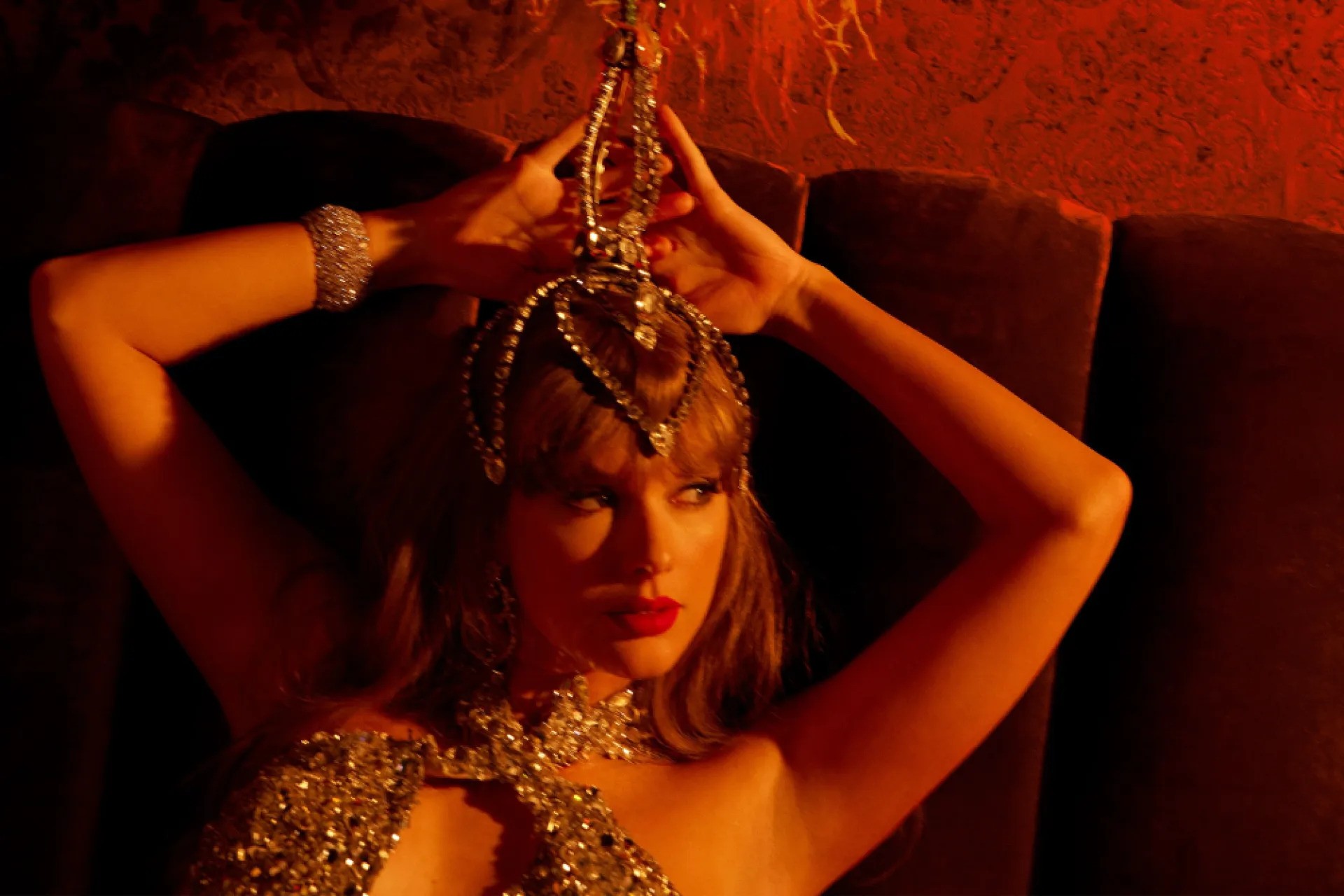


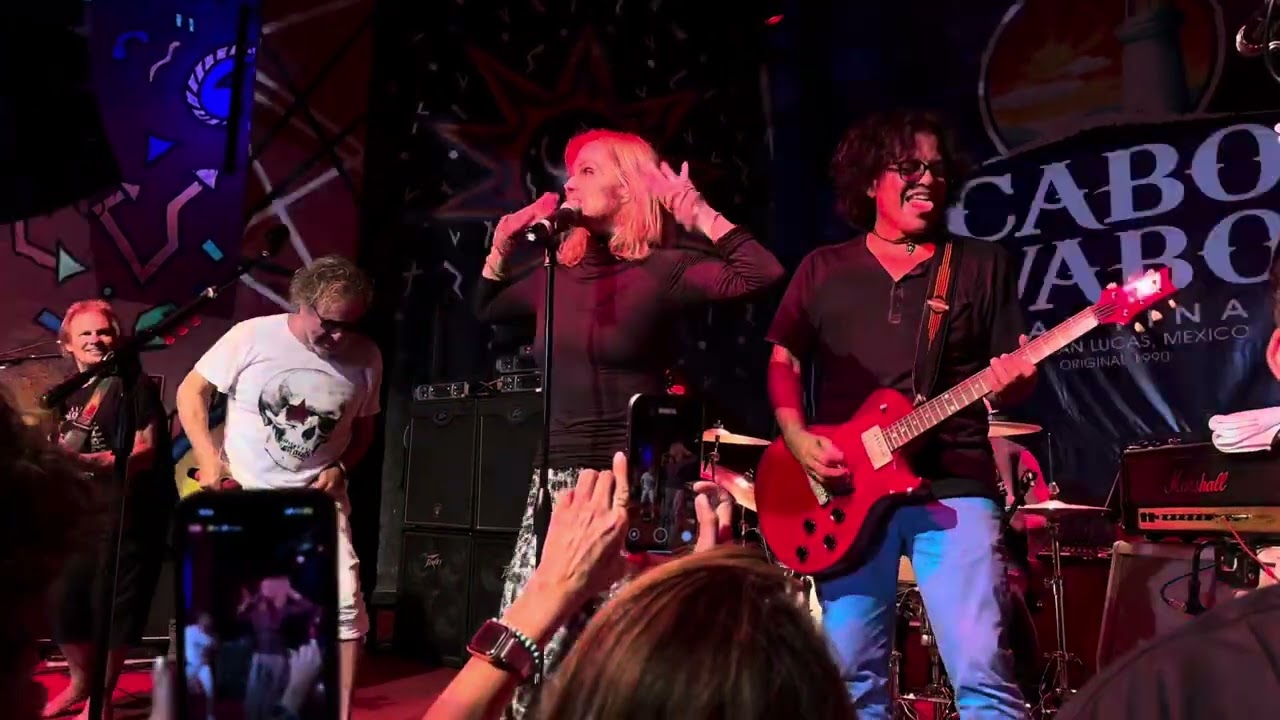


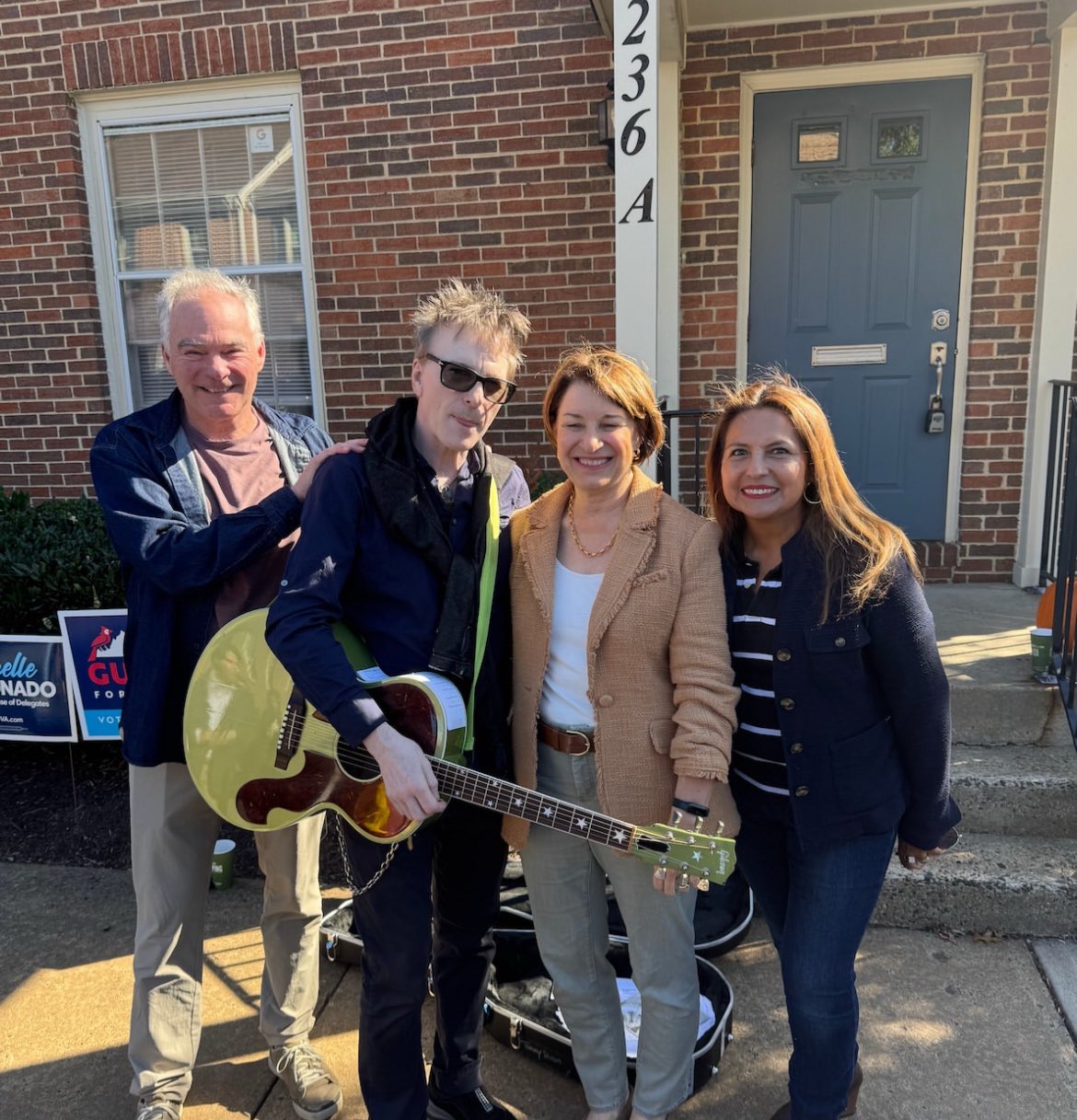
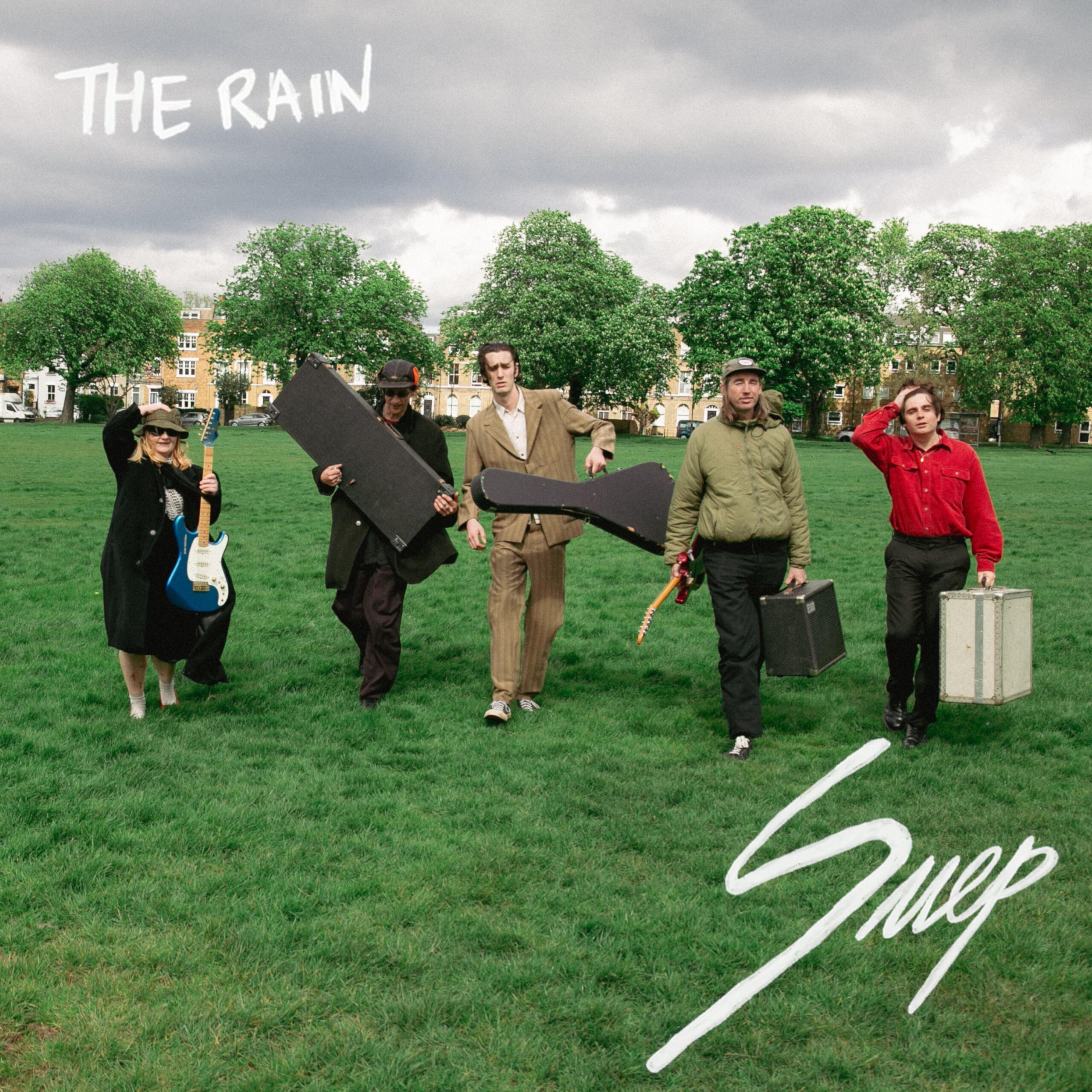
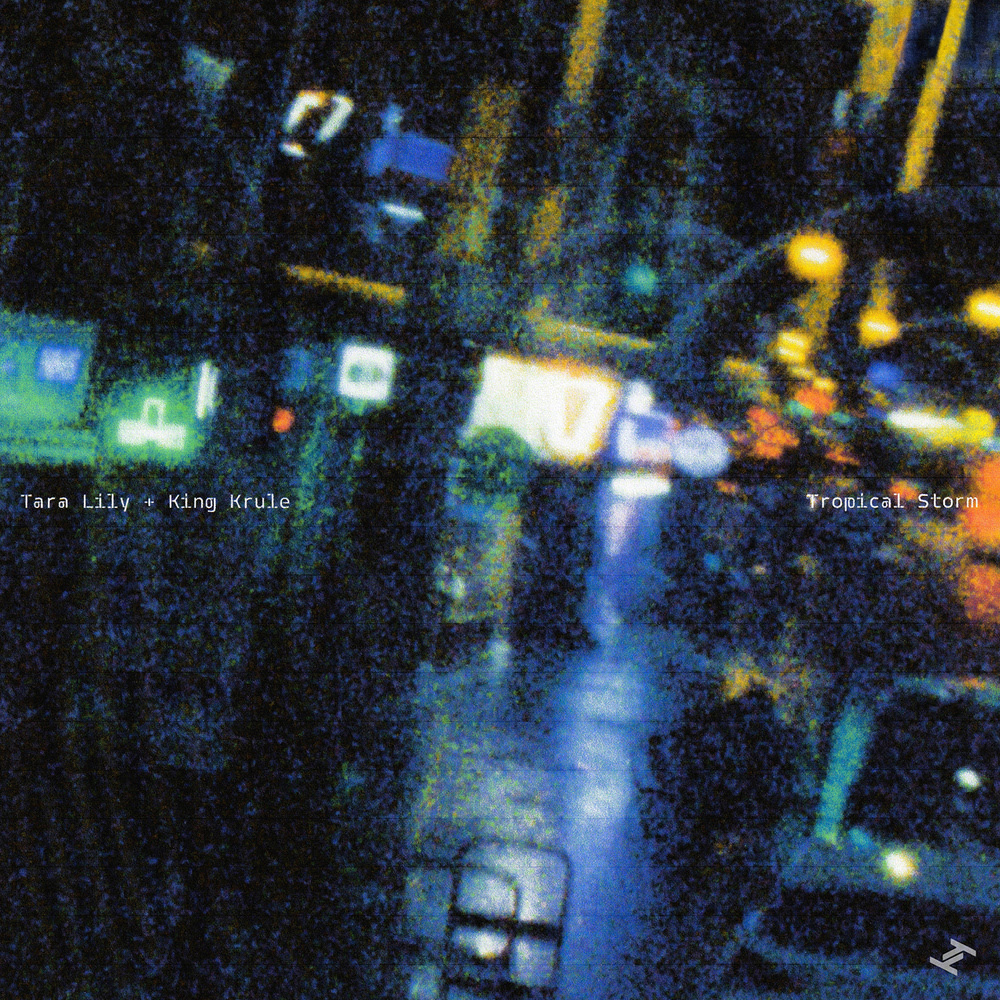



.jpeg)













 English (US) ·
English (US) ·